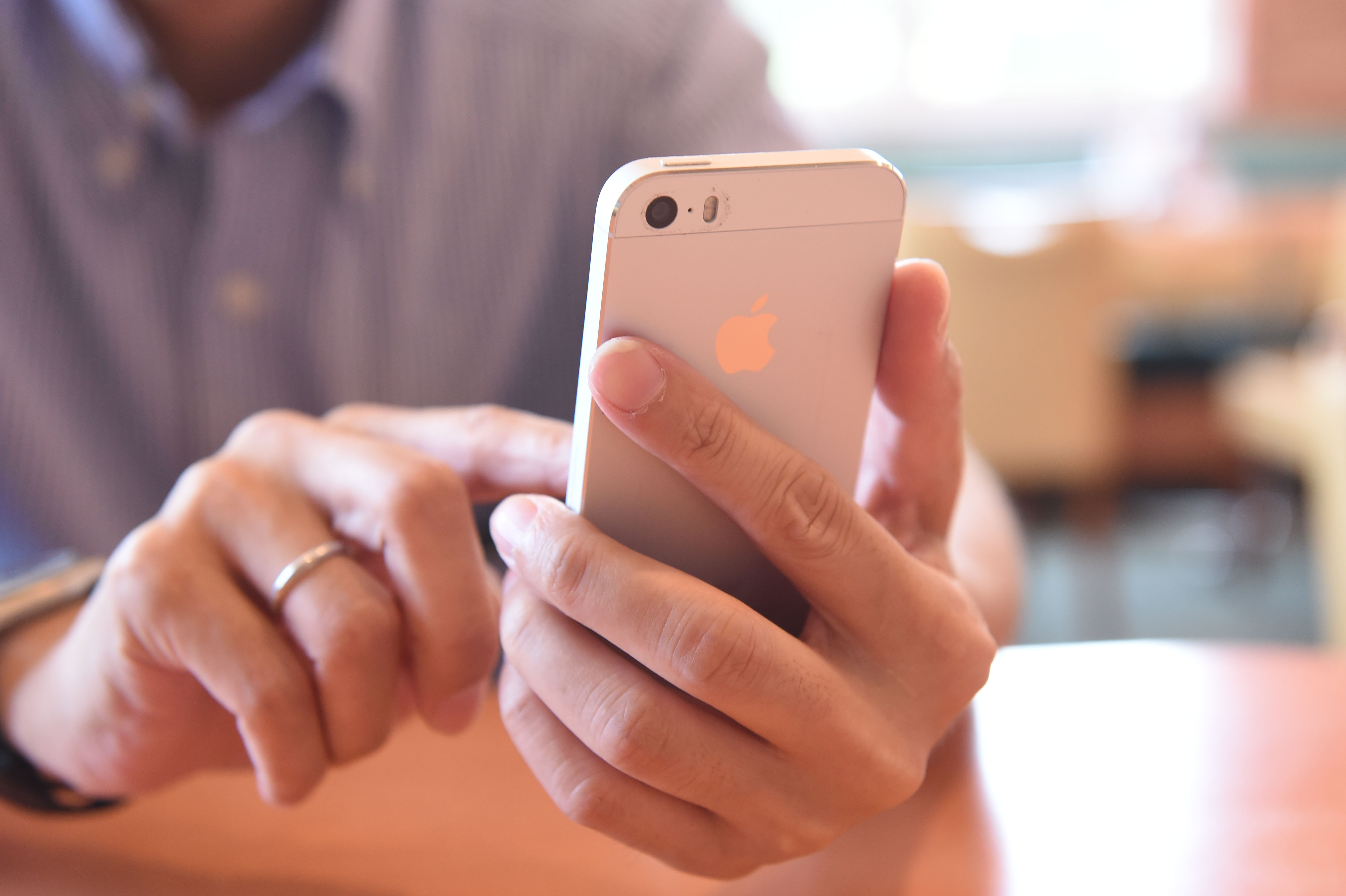What Tinder's Twitter meltdown over a Vanity Fair article got right


A free daily email with the biggest news stories of the day – and the best features from TheWeek.com
You are now subscribed
Your newsletter sign-up was successful
Mobile dating app Tinder fanned the flames of outrage surrounding Vanity Fair's apocalyptic "trend piece" on online dating Tuesday night, unleashing a string of tweets criticizing writer Nancy Jo Sales for supposedly biased reporting and incorrect facts. While the rant may have erred toward the self-important — Tinder did, after all, use the tweetstorm to claim that the app is "changing the world" and helping those living under isolated regimes in North Korea and China meet new people — it shouldn't be written off completely, says Jesse Singal at New York.
Sales' article relied heavily on vivid anecdotes to incite moral panic, Singal says, and she brushed aside some of the studies that didn't fit in line with her hypothesis that apps like Tinder are destroying ideas of traditional courtship and marriage and replacing them with meaningless, no-strings-attached flings.
"The problem is that while Sales certainly spins a good yarn, it doesn't really add up to evidence that something revolutionary is afoot," Singal writes. "It's one thing to write an ethnographic piece about Tinder-maters in their natural habitat; it's another to extrapolate this to make sweeping claims about the epochal ways dating and sex are changing." Singal concludes:
The Week
Escape your echo chamber. Get the facts behind the news, plus analysis from multiple perspectives.

Sign up for The Week's Free Newsletters
From our morning news briefing to a weekly Good News Newsletter, get the best of The Week delivered directly to your inbox.
From our morning news briefing to a weekly Good News Newsletter, get the best of The Week delivered directly to your inbox.
Taking a moral-panic approach to something like mobile online dating makes for a good story, but it also drowns out the opportunity for a richer conversation, and hardens certain false notions about millennial culture. Online dating clearly is changing how many people meet other people and date and have sex. But it's probably changing their behavior in all sorts of different, sometimes conflicting ways. In some cases, it's probably helping people find husbands and wives sooner, leading them to have fewer sex partners. In others, it probably does lead to some decision paralysis and frustration with dating. In many cases, it probably just reinforces the user's pre-existing preferences — pro- or anti-promiscuity, pro– or anti–finding someone to settle down with.But you wouldn't be able to fit "apocalypse" into that headline. [New York]
Read Singal's full analysis at New York.
A free daily email with the biggest news stories of the day – and the best features from TheWeek.com
Samantha Rollins is TheWeek.com's news editor. She has previously worked for The New York Times and TIME and is a graduate of Northwestern University's Medill School of Journalism.
-
 Samurai: a ‘blockbuster’ display of Japanese heritage
Samurai: a ‘blockbuster’ display of Japanese heritageThe Week Recommends British Museum show offers a ‘scintillating journey’ through ‘a world of gore, power and artistic beauty’
-
 BMW iX3: a ‘revolution’ for the German car brand
BMW iX3: a ‘revolution’ for the German car brandThe Week Recommends The electric SUV promises a ‘great balance between ride comfort and driving fun’
-
 Munich Security Conference: a showdown between Europe and Trump?
Munich Security Conference: a showdown between Europe and Trump?Today’s Big Question Report suggests European leaders believe they can no longer rely on the US for military support – but decoupling is easier said than done
-
 ‘One Battle After Another’ wins Critics Choice honors
‘One Battle After Another’ wins Critics Choice honorsSpeed Read Paul Thomas Anderson’s latest film, which stars Leonardo DiCaprio, won best picture at the 31st Critics Choice Awards
-
 Son arrested over killing of Rob and Michele Reiner
Son arrested over killing of Rob and Michele ReinerSpeed Read Nick, the 32-year-old son of Hollywood director Rob Reiner, has been booked for the murder of his parents
-
 Rob Reiner, wife dead in ‘apparent homicide’
Rob Reiner, wife dead in ‘apparent homicide’speed read The Reiners, found in their Los Angeles home, ‘had injuries consistent with being stabbed’
-
 Hungary’s Krasznahorkai wins Nobel for literature
Hungary’s Krasznahorkai wins Nobel for literatureSpeed Read László Krasznahorkai is the author of acclaimed novels like ‘The Melancholy of Resistance’ and ‘Satantango’
-
 Primatologist Jane Goodall dies at 91
Primatologist Jane Goodall dies at 91Speed Read She rose to fame following her groundbreaking field research with chimpanzees
-
 Florida erases rainbow crosswalk at Pulse nightclub
Florida erases rainbow crosswalk at Pulse nightclubSpeed Read The colorful crosswalk was outside the former LGBTQ nightclub where 49 people were killed in a 2016 shooting
-
 Trump says Smithsonian too focused on slavery's ills
Trump says Smithsonian too focused on slavery's illsSpeed Read The president would prefer the museum to highlight 'success,' 'brightness' and 'the future'
-
 Trump to host Kennedy Honors for Kiss, Stallone
Trump to host Kennedy Honors for Kiss, StalloneSpeed Read Actor Sylvester Stallone and the glam-rock band Kiss were among those named as this year's inductees
